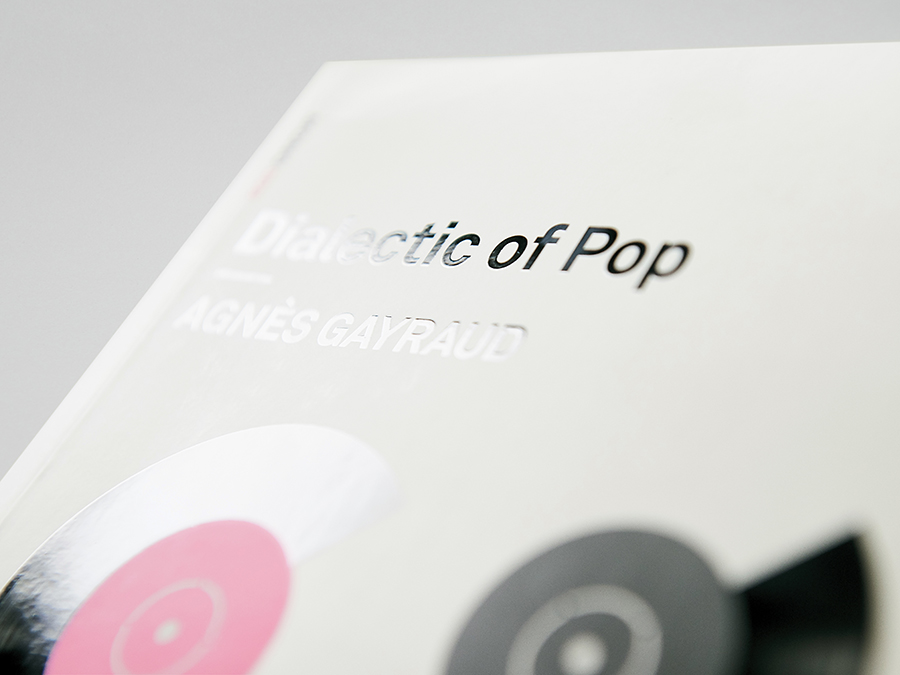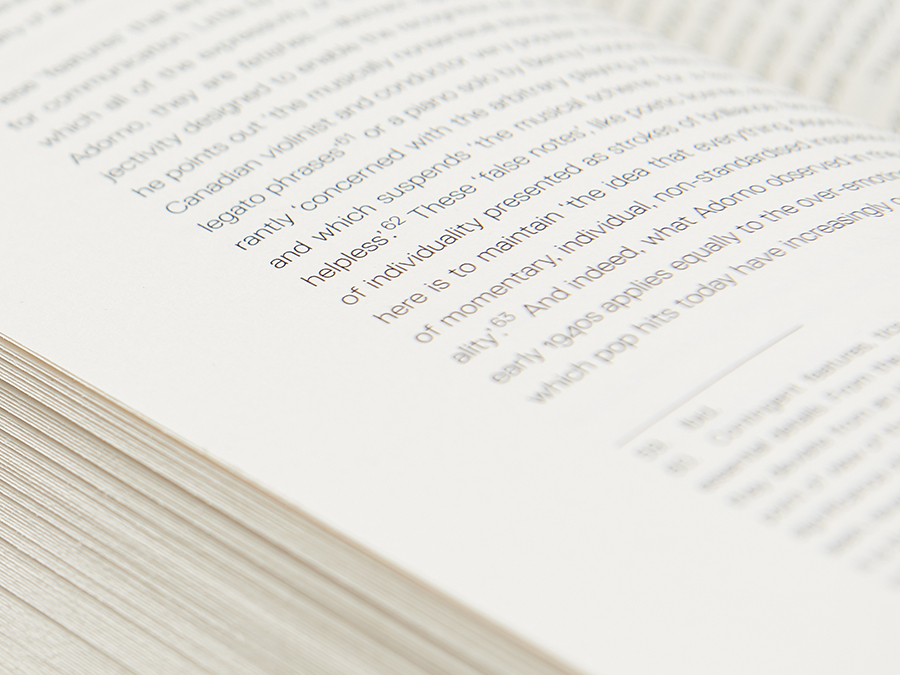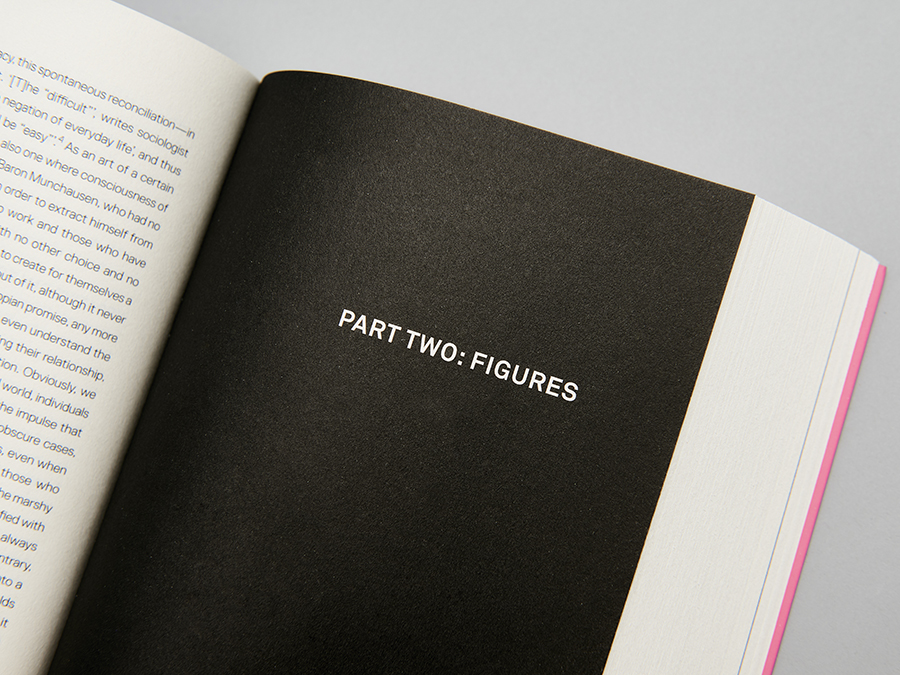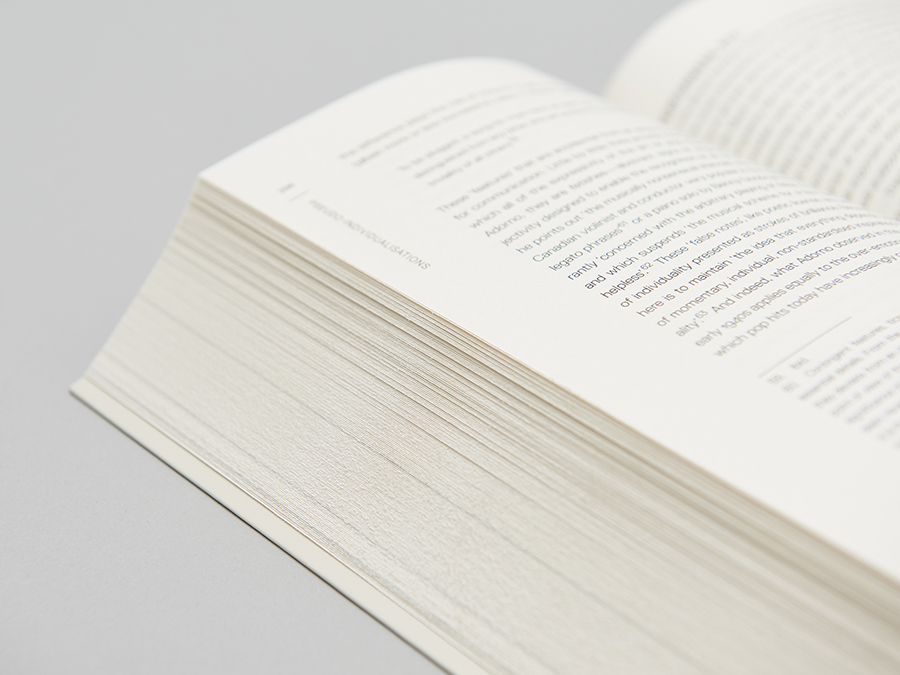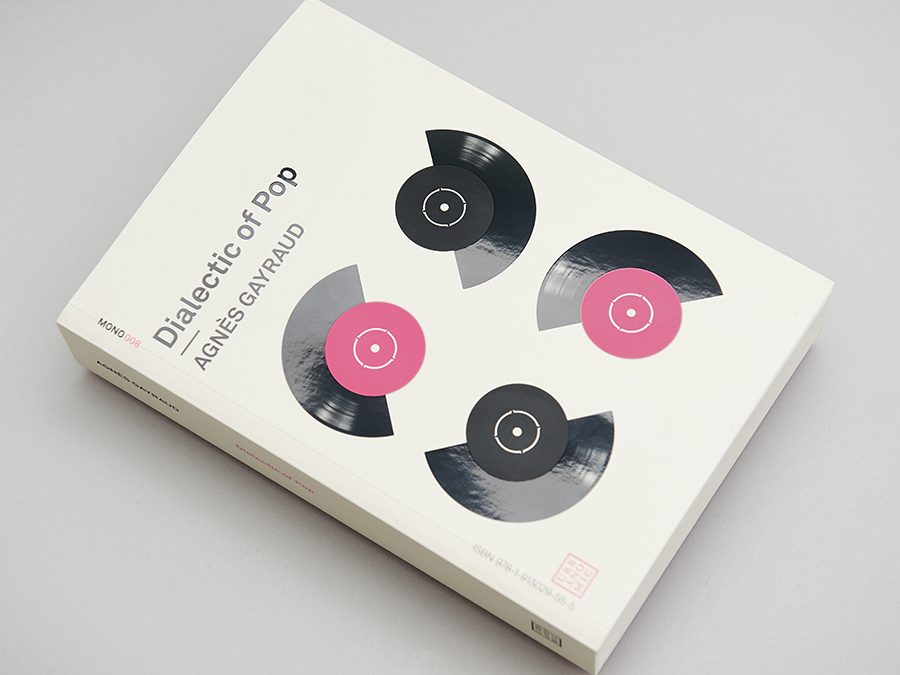Translated by
- Robin Mackay
- Daniel Miller
- Nina Power
The most interesting book I’ve read about music and—not politics, but the political dimension of life … It’s brave, questioning, and alive on every page.
— Greil Marcus, author of Lipstick Traces, Mystery Train, The Dustbin of History, and Three Songs, Three Singers, Three Nations
Adorno reborno for the era of Daft Punk and Drake: the outlook pop-positive from the outset, the analysis penetrating, rigorous, elegant. Gayraud asks lots of interesting and pertinent questions—and answers them
— Simon Reynolds, author of Retromania, Rip It Up and Start Again, and Energy Flash
In the first major philosophical treatise on the subject, Agnès Gayraud explores all the paradoxes of pop—its inauthentic authenticity, its mass production of emotion and personal resonance, its repetitive novelty, its precision engineering of seduction—and calls for pop (in its broadest sense, encompassing all genres of popular recorded music) to be recognised as a modern technologically-mediated art form to rank alongside cinema and photography.
A thoroughgoing engagement with Adorno’s fierce critique of ‘standardised light popular music’, Dialectic of Pop tracks the transformations of the pop form and its audience over the course of the twentieth century, from Hillbilly to R&B, from Lead Belly to Drake.
Inseparable from the materiality of its technical media, indifferent and intractable to the perspectives of high culture, pop subverts notions of authenticity and inauthenticity, original and copy, aura and commodity, medium and message. Gayraud demonstrates that, far from being the artless and trivial mass-produced pabulum denigrated by Adorno, pop is a rich, self-reflexive artform that recognises its own contradictions, incorporates its own productive negativity, and often flourishes by thinking ‘against itself’.
Dialectic of Pop sings the praises of pop as a constitutively impure form resulting from the encounter between industrial production and the human predilection for song, and diagnoses the prospects for twenty-first century pop as it continues to adapt to ever-changing technological mediations.
We have created a set of YouTube playlists to accompany the book: See https://www.youtube.com/user/urbanomic/playlists



